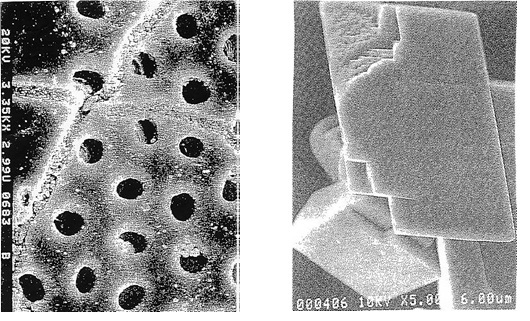- Every plant needs calcium to grow
- Calcium is a critical nutrient that helps plant cells sense and respond to stress
- Proper development of fruits and storage roots are dependent on a constant soil supply of calcium
- Calcium deficiency is one of the most common nutrient deficiencies in agricultural soils
- Once fixed, calcium is not mobile in the plant and a plant cannot re-mobilize calcium from older tissues
- Plants do not accumulate high calcium concentrations when it is in excess
- Because calcium does not relocate in the plant regular applications of available calcium throughout the growing season is preferred
- Nothing gets into the plant that isn’t in liquid form
- Calcium deficiency, is more frequently a product of low transpiration of the whole plant
- Reduced transpiration may be due to water shortages or excessive usage of, potassium or, nitrogen fertilizers
- The calcium supply to growing tissues will rapidly become inadequate if transpiration is reduced
- Calcium deficiency is usually the inability of the plant roots to carry calcium to the growing parts
- High levels of magnesium, ammonium, iron, aluminum and especially potassium will reduce calcium uptake in many crops
- Calcium deficiency is hard to detect with plant analysis or soil testing because it can be caused by low soil water uptake
- If not treated, calcium deficiency can affect the growth, appearance, and health of crops

The porosity of coral calcium exceeds calcium carbonate.
More minerals may dissolve when water is filtered through coral.